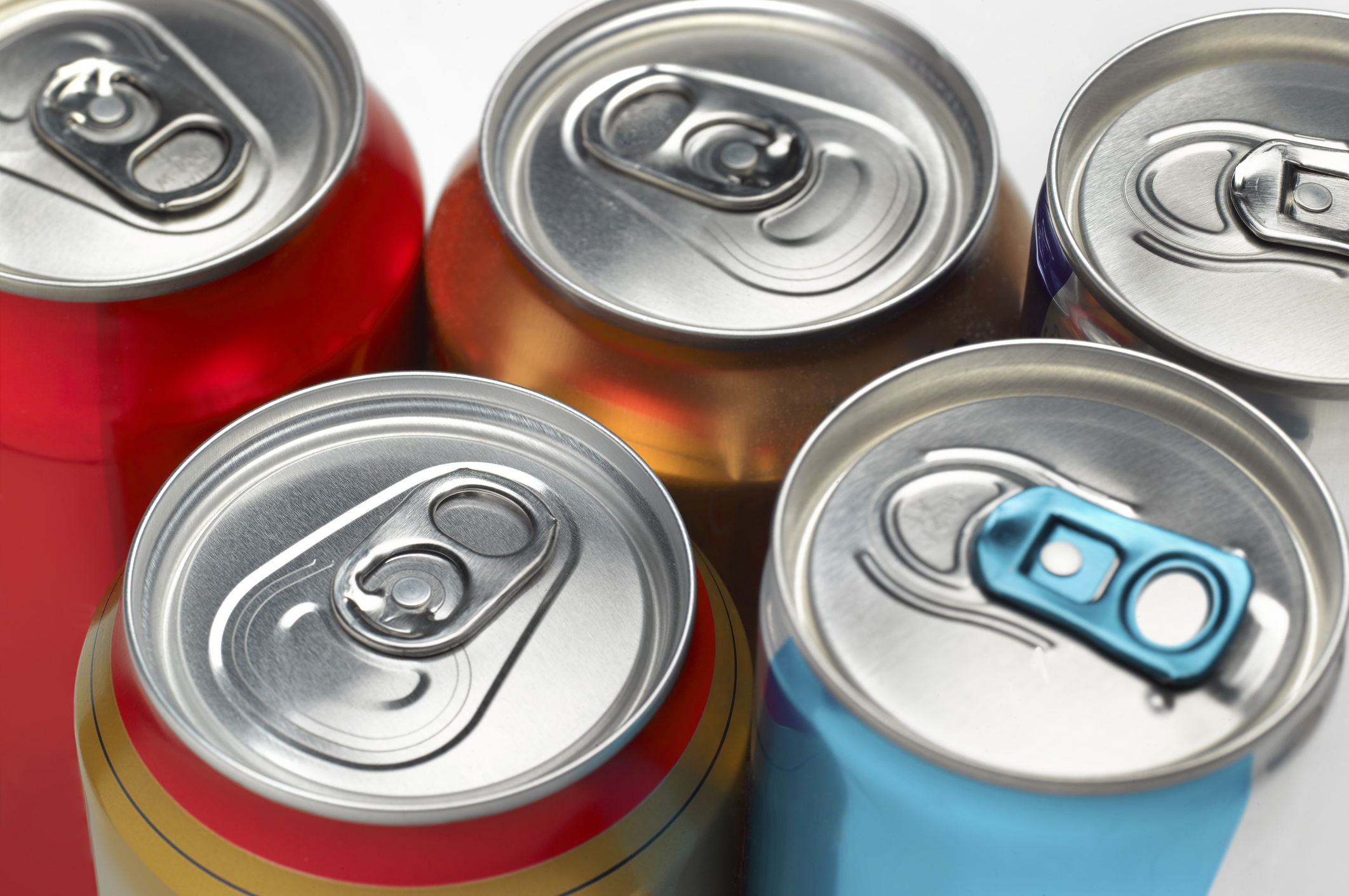
Anti-aging supplements become popular based more on hype than hard evidence—but researchers are starting to investigate some of the more promising ones to add some scientific rigor to the claims.
The latest is the amino acid taurine: a familiar ingredient in energy drinks and one that scientists have been studying for decades, albeit for reasons other than aging. In a paper published June 8 in Science, researchers report on encouraging results that show taurine can slow aging in a number of animal species, including worms, mice, and monkeys. In people, the team also reports that taurine levels decline with age and can be boosted with exercise.
Taurine is a far cry from a fountain of youth, but the findings suggest that it may be hold promise as a supplement that could help certain body systems function better and act “younger” again.
More from TIME
Humans make taurine naturally in the body, mostly in the brain, heart, and reproductive organs. We can also get it through diet by eating meat, fish, and eggs. Athletes have long known that taurine can improve energy and performance, and it’s also been part of obesity treatments. But its role in aging wasn’t clear until now.
Read More: Pre-Workout Powders Are Gaining Popularity. Do They Work?
What is especially intriguing about the findings, the authors said during a briefing, is that taurine appears to not only slow aging and extend lifespan, but also improve health span—meaning that the animals didn’t just live longer, but healthier.
In a series of experiments that extended over 11 years, the team, led by Vijay Yadav from the National Institute of Immunology in New Delhi, India, first documented that circulating levels of taurine in the blood of mice declined with age. Next, they fed older animals taurine supplements to restore these levels to what they were when the mice were younger, and found that the supplemented mice lived on average 10% to 12% longer than old mice who hadn’t received taurine supplements.
The longer lifespan was also a healthier one for the animals. “Whatever we checked, the taurine-supplemented mice were healthier and appeared younger than controls,” Yadav said. “Taurine made the animals live healthier and longer lives because it was affecting all the major hallmarks of aging.”
Yadav found similar life-extending and health-promoting effects of taurine supplementation in worms and monkeys, the latter of which most closely resemble people.
Read More: Magnesium Supplements Are a Buzzy New Sleep and Anxiety Aid. Do They Work?
“It’s almost too good to be true,” said his collaborator Henning Wackerhage, professor of exercise biology at the Technical University of Munich in Germany. Wackerhage built off of Yadav’s work in the various animal species and looked at how taurine levels might be related to aging in people. He took advantage of an earlier, large study of 12,000 people in which other scientists had collected blood from the participants and therefore had data on a variety of metabolites, including taurine. The study also included data on people’s health outcomes and showed that people with higher taurine levels tended to be healthier—with lower levels of blood glucose, cholesterol, and inflammation, all of which are associated with aging—compared to those with lower taurine levels. “That showed taurine levels in the blood are associated with disease,” he said.
Wackerhage then investigated how taurine levels are affected by exercise. After a group of people in the large data set were asked to cycle on a stationary bike to exhaustion, their taurine levels rose.
Taken together, the data all point to the possibility that taurine can play a role in slowing aging—or, at the very least, in making animals healthier as they get older. They also suggest that restoring depleted levels through supplements, or possibly even exercise, is possible.
However, taurine’s effect on aging needs to be verified in human studies, said Yadav and Wackerhage. “We do not recommend buying off-the-shelf taurine or drinking energy drinks,” said Yadav. “We need to wait for human clinical trials to be completed, and the decision to supplement or not to supplement with taurine should be based on comparing the benefits and risks, which may depend on age and the population. It’s not going to be a straightforward answer.”
Those studies will join other trials that are currently exploring whether other supplements, including rapamycin, a compound that suppresses the immune system, and metformin, a diabetes drug, can slow aging processes in the body.
More Must-Reads From TIME
- The 100 Most Influential People of 2024
- Coco Gauff Is Playing for Herself Now
- Scenes From Pro-Palestinian Encampments Across U.S. Universities
- 6 Compliments That Land Every Time
- If You're Dating Right Now , You're Brave: Column
- The AI That Could Heal a Divided Internet
- Fallout Is a Brilliant Model for the Future of Video Game Adaptations
- Want Weekly Recs on What to Watch, Read, and More? Sign Up for Worth Your Time
Contact us at letters@time.com